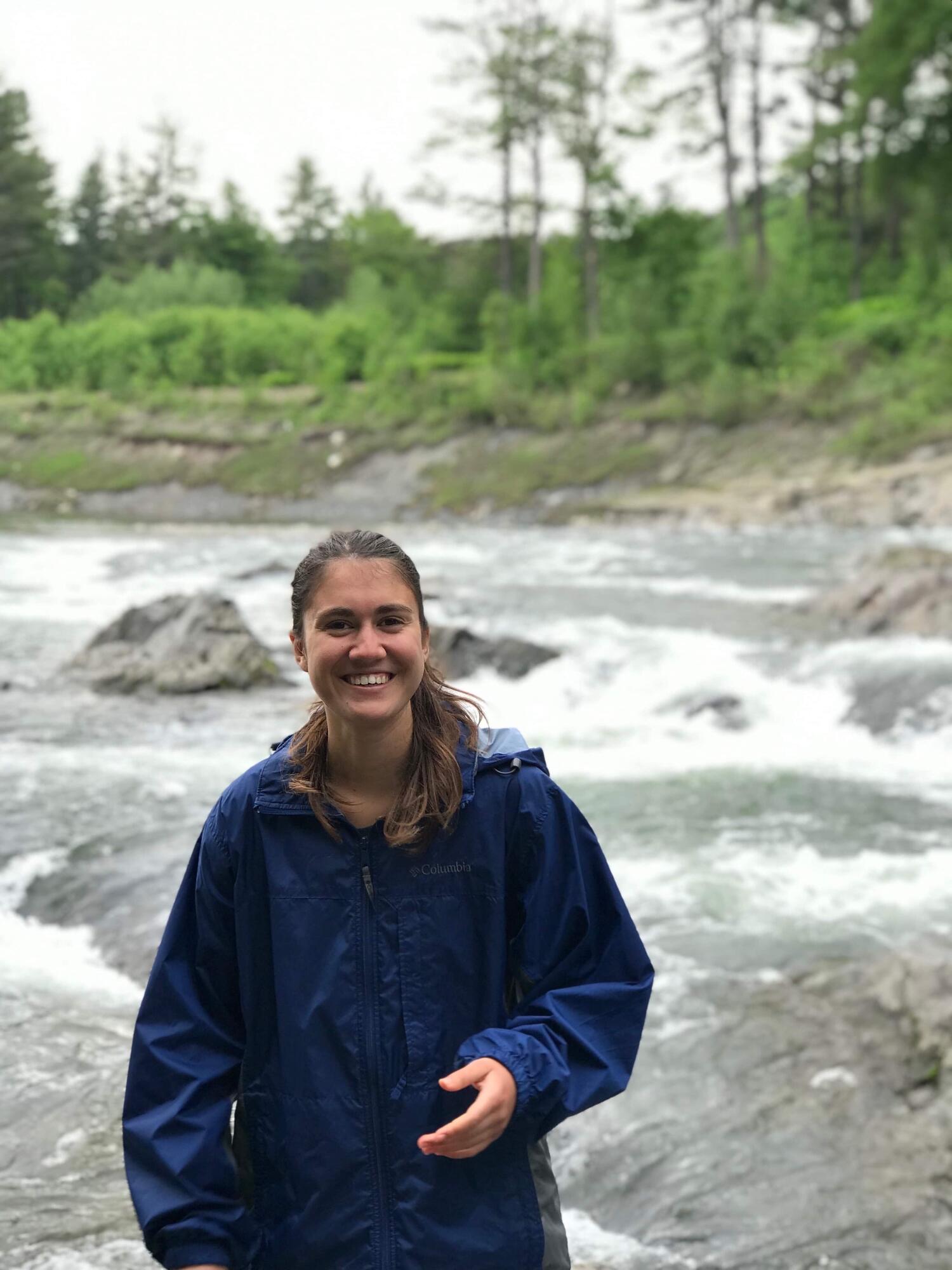Gonzalo Giribet
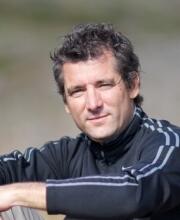
Bridget Power, Faculty Coordinator
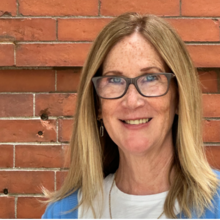 Bridget is the faculty coordinator for the Giribet lab handling all administrative duties for Professor Giribet and Giribet lab members. Bridget is the liason between the Giribet lab and the OEB Administration Department.
Bridget is the faculty coordinator for the Giribet lab handling all administrative duties for Professor Giribet and Giribet lab members. Bridget is the liason between the Giribet lab and the OEB Administration Department.
Katherine Angier, Graduate Student
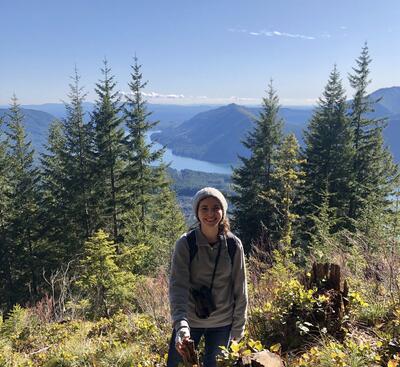 My research is on the ecology and evolution of social invertebrates, with a focus on termites. I am studying how Central African rainforest termites adapted to savanna conditions. Using phylogenetics and behavioral ecology, I will explore the evolution of traits to cope with wider temperature ranges, lower humidity, and fire. Termites are key ecosystem engineers in the tropics, and I am also interested in their positive and negative effects on agriculture. As a lifelong lover of invertebrate diversity, I enjoy teaching, fieldwork, and the intersection of science and art.
My research is on the ecology and evolution of social invertebrates, with a focus on termites. I am studying how Central African rainforest termites adapted to savanna conditions. Using phylogenetics and behavioral ecology, I will explore the evolution of traits to cope with wider temperature ranges, lower humidity, and fire. Termites are key ecosystem engineers in the tropics, and I am also interested in their positive and negative effects on agriculture. As a lifelong lover of invertebrate diversity, I enjoy teaching, fieldwork, and the intersection of science and art.
Shahan Derkarabetian, Postdoctoral Fellow
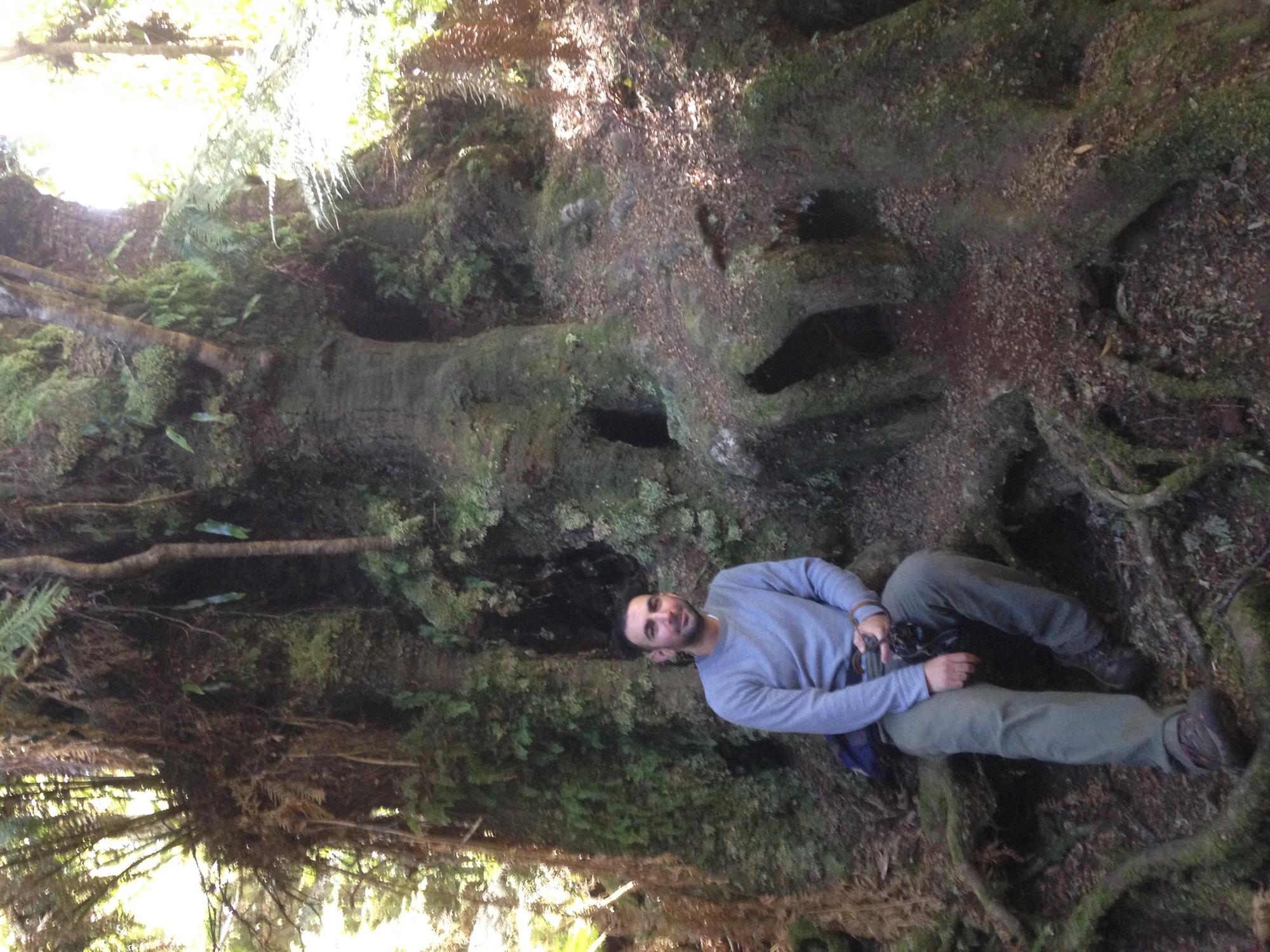 My primary interest is in the arachnid order Opiliones (more commonly called harvestmen) where I focus on the systematics and evolution of Laniatores, the most diverse harvestmen suborder. As a systematist, I have an interest in systematic methodology including phylogenetics, species delimitation, morphometrics, integrative taxonomy, and in particular molecular systematic methods. In this regard I utilize various next-generation sequencing and bioinformatic methods as tools to explore the evolution of harvestmen. In addition, all things to do with the evolution of cave taxa interests me, particularly the evolution and genetics of convergent cave-adaptive morphology.
My primary interest is in the arachnid order Opiliones (more commonly called harvestmen) where I focus on the systematics and evolution of Laniatores, the most diverse harvestmen suborder. As a systematist, I have an interest in systematic methodology including phylogenetics, species delimitation, morphometrics, integrative taxonomy, and in particular molecular systematic methods. In this regard I utilize various next-generation sequencing and bioinformatic methods as tools to explore the evolution of harvestmen. In addition, all things to do with the evolution of cave taxa interests me, particularly the evolution and genetics of convergent cave-adaptive morphology.
Paula Rodriguez Flores, EO Wilson Postdoctoral Fellow
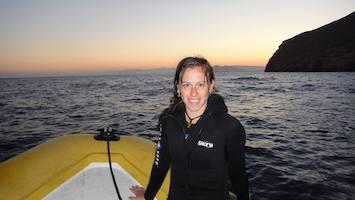 My research focuses in different aspects of arthropod evolution, biogeography and systematics. I am particularly interested in characterizing major patterns of biodiversity within a fascinating group of marine crustaceans, the squat lobsters, as a critical step towards understanding evolutionary patterns across marine ecosystems. Only one third of squat lobsters diversity is currently known, so I work on the taxonomy of the group, describing new species, as an essential task to understand their evolutionary pathways. I pursue to investigate patterns of morphological and molecular evolution over time and the tempo and mode of diversification of squat lobsters from different depths.
My research focuses in different aspects of arthropod evolution, biogeography and systematics. I am particularly interested in characterizing major patterns of biodiversity within a fascinating group of marine crustaceans, the squat lobsters, as a critical step towards understanding evolutionary patterns across marine ecosystems. Only one third of squat lobsters diversity is currently known, so I work on the taxonomy of the group, describing new species, as an essential task to understand their evolutionary pathways. I pursue to investigate patterns of morphological and molecular evolution over time and the tempo and mode of diversification of squat lobsters from different depths.
Aaron Hartmann, Research Associate in Instruction and Research
 I study marine ecology and conservation, primarily in coral reef ecosystems. I am particularly interested in how early life history strategies influence environmental tolerance, the evolution of mutualist symbiont transmission modes, how human impacts on the ocean influence coral offspring survival, and how metabolites diversify in marine communities. Through my research I try to understand how coral reefs and other coastal ecosystems will fare in the face of ongoing environmental change and generate tools to mitigate these impacts.
I study marine ecology and conservation, primarily in coral reef ecosystems. I am particularly interested in how early life history strategies influence environmental tolerance, the evolution of mutualist symbiont transmission modes, how human impacts on the ocean influence coral offspring survival, and how metabolites diversify in marine communities. Through my research I try to understand how coral reefs and other coastal ecosystems will fare in the face of ongoing environmental change and generate tools to mitigate these impacts.
Arianna Lord, Graduate Student
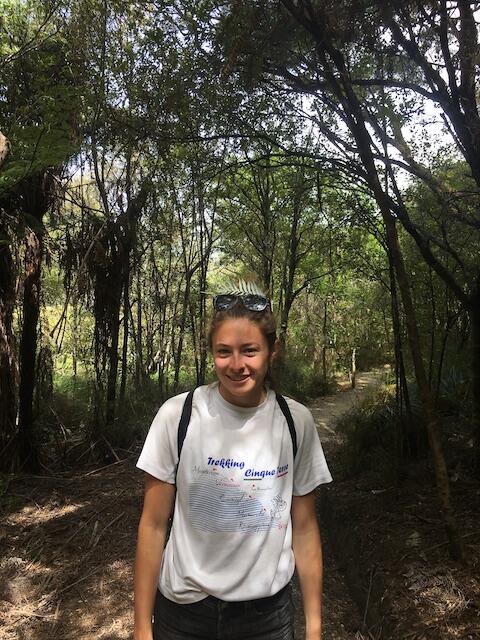 I am interested in the evolutionary history and global distribution of biological diversity. What factors underlie the origin, distribution, and diversity of invertebrate groups, and how do Earth and environmental processes affect them? I use genomic and phylogenetic techniques to investigate these questions and better understand some of the most fascinating, and perhaps misunderstood, animals in the tree of life. Originally from New Zealand, I received my Bachelor of Science from Yale University with a concentration in Geobiology and Paleontology. I love natural history, science communication, and being out in the field.
I am interested in the evolutionary history and global distribution of biological diversity. What factors underlie the origin, distribution, and diversity of invertebrate groups, and how do Earth and environmental processes affect them? I use genomic and phylogenetic techniques to investigate these questions and better understand some of the most fascinating, and perhaps misunderstood, animals in the tree of life. Originally from New Zealand, I received my Bachelor of Science from Yale University with a concentration in Geobiology and Paleontology. I love natural history, science communication, and being out in the field.
Shoyo Sato, Graduate Student
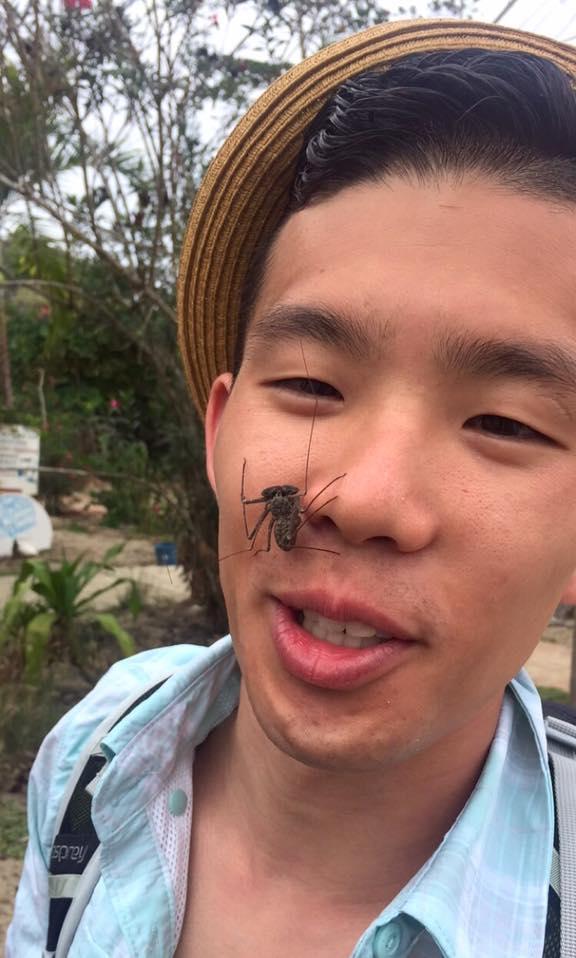
Breanna Jordan, Graduate Student
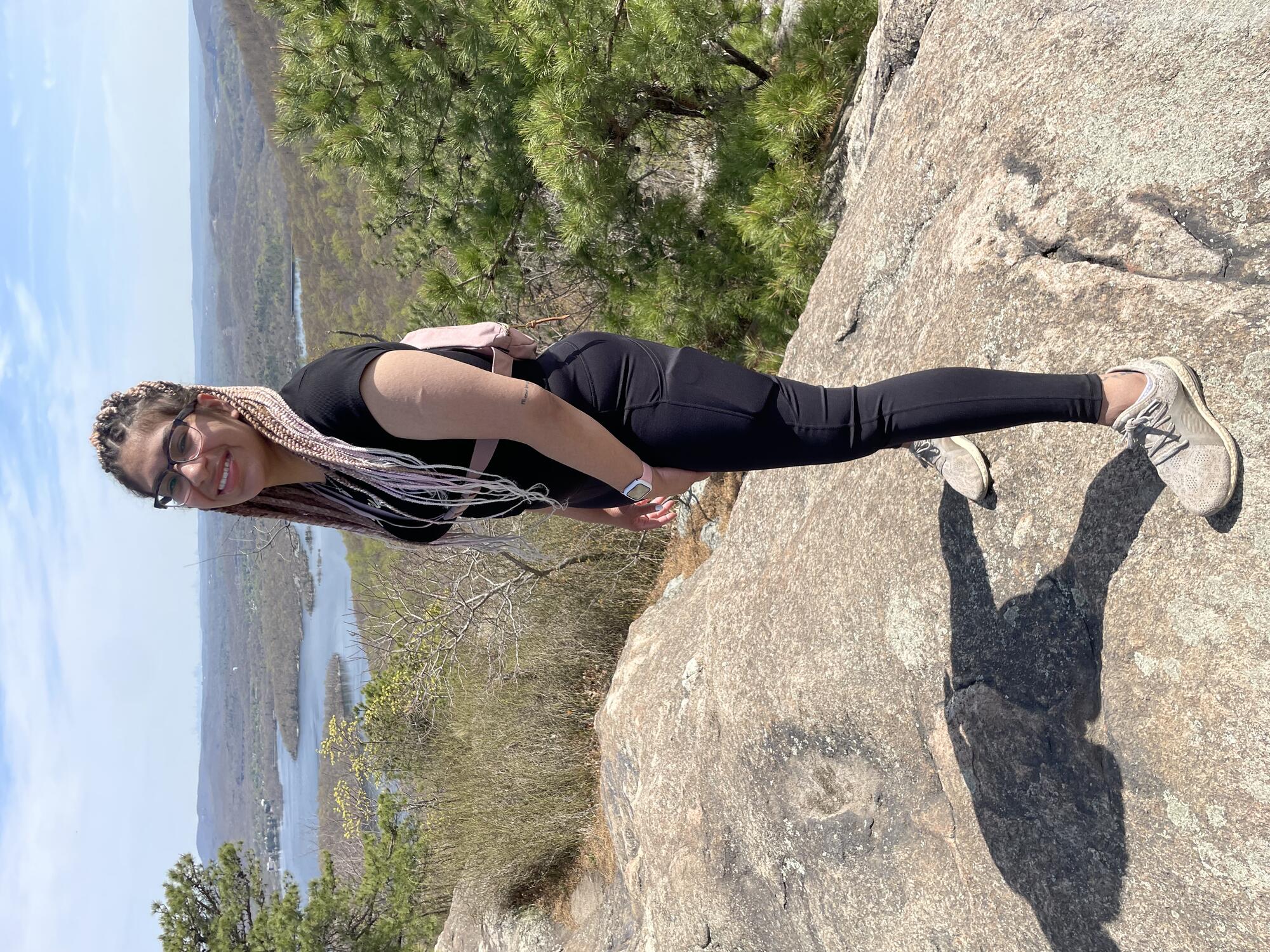
I'm interested in the behavior ecology and the evolutionary history of arachnids. I've studied the webbing and predatory behavior of orb-weavers and now want to focus more broadly on studying the phylogenetic and biogeography of arachnids. I hope to develop a better understanding of how these organisms are related and how this correlates with their distribution and behavior.
Leyla Ewald, Undergraduate Student
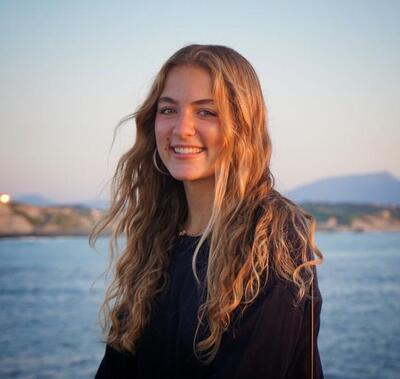 I am a senior at the College, passionate about marine biology and environmental science. I am concentrating in Integrative Biology, hopefully with a secondary in Energy & Environment. I am interested in how climate change affects the oceans, particularly how warming temperatures affect coral reefs through coral bleaching and how corals can evolve and become more resilient. I am happy to be working with Aaron Hartmann on his research comparing the genetic diversity of coral reef populations.
I am a senior at the College, passionate about marine biology and environmental science. I am concentrating in Integrative Biology, hopefully with a secondary in Energy & Environment. I am interested in how climate change affects the oceans, particularly how warming temperatures affect coral reefs through coral bleaching and how corals can evolve and become more resilient. I am happy to be working with Aaron Hartmann on his research comparing the genetic diversity of coral reef populations.
Ella Frigyik, Undergraduate Student
